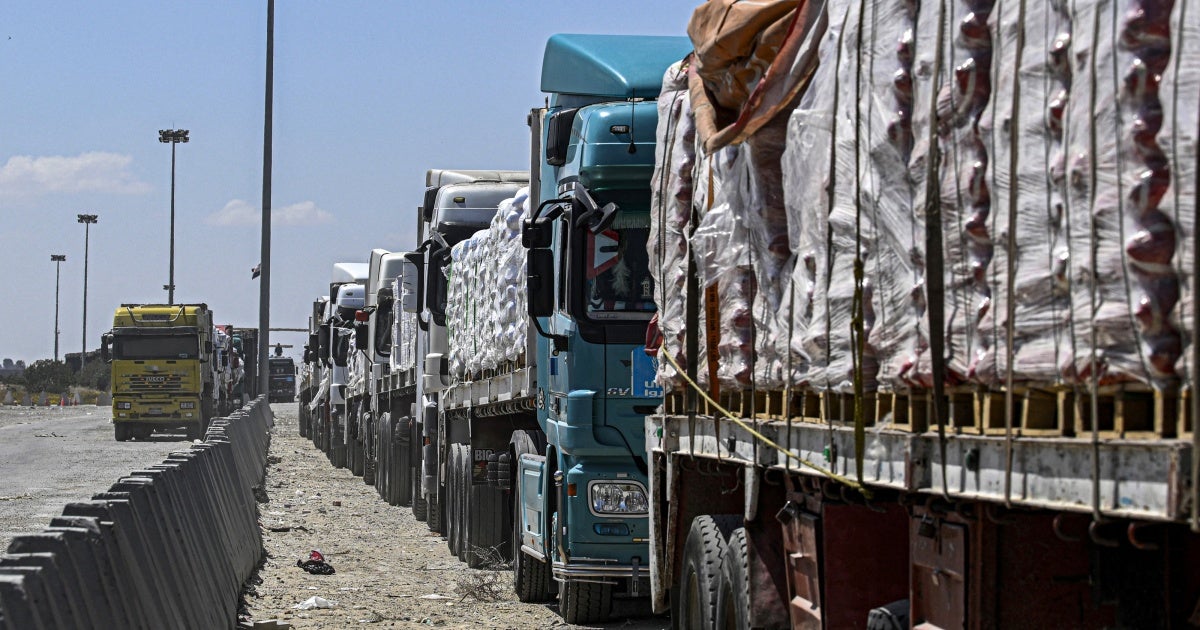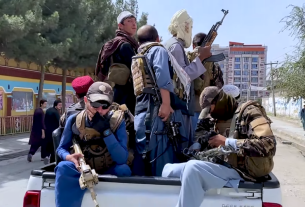The humanitarian crisis in Gaza has reached catastrophic proportions, with over 55,000 Palestinian lives lost and nearly 90% of the population displaced. Amid this devastation, the Rafah border crossing between Egypt and Gaza stands as a critical gateway for aid—but it remains largely closed or severely restricted.
The United Nations has called the situation a “moral outrage,” and humanitarian organizations like the International Rescue Committee describe it as a “catastrophe” and “hell on earth.”
A Dire Need for Action
The closure of Rafah has left Gaza’s civilian population without essential supplies. Hospitals are running out of fuel, and food security is rapidly deteriorating. The current aid distribution system, managed by the Gaza Humanitarian Foundation, has been criticized for its inefficiency and lack of inclusivity.
A Call for a Safe Humanitarian Corridor
It is imperative that the Rafah crossing be reopened and expanded to allow the free flow of humanitarian aid. This would not only provide immediate relief but also restore a sense of hope to a population that has endured unimaginable hardship.
Conclusion
The international community must act swiftly to establish a safe and efficient humanitarian corridor through Rafah. The lives of Gaza’s children—and the future of the region—depend on it. It is time we collectively put a stop to the suffering of innocent children based on religious differences.



